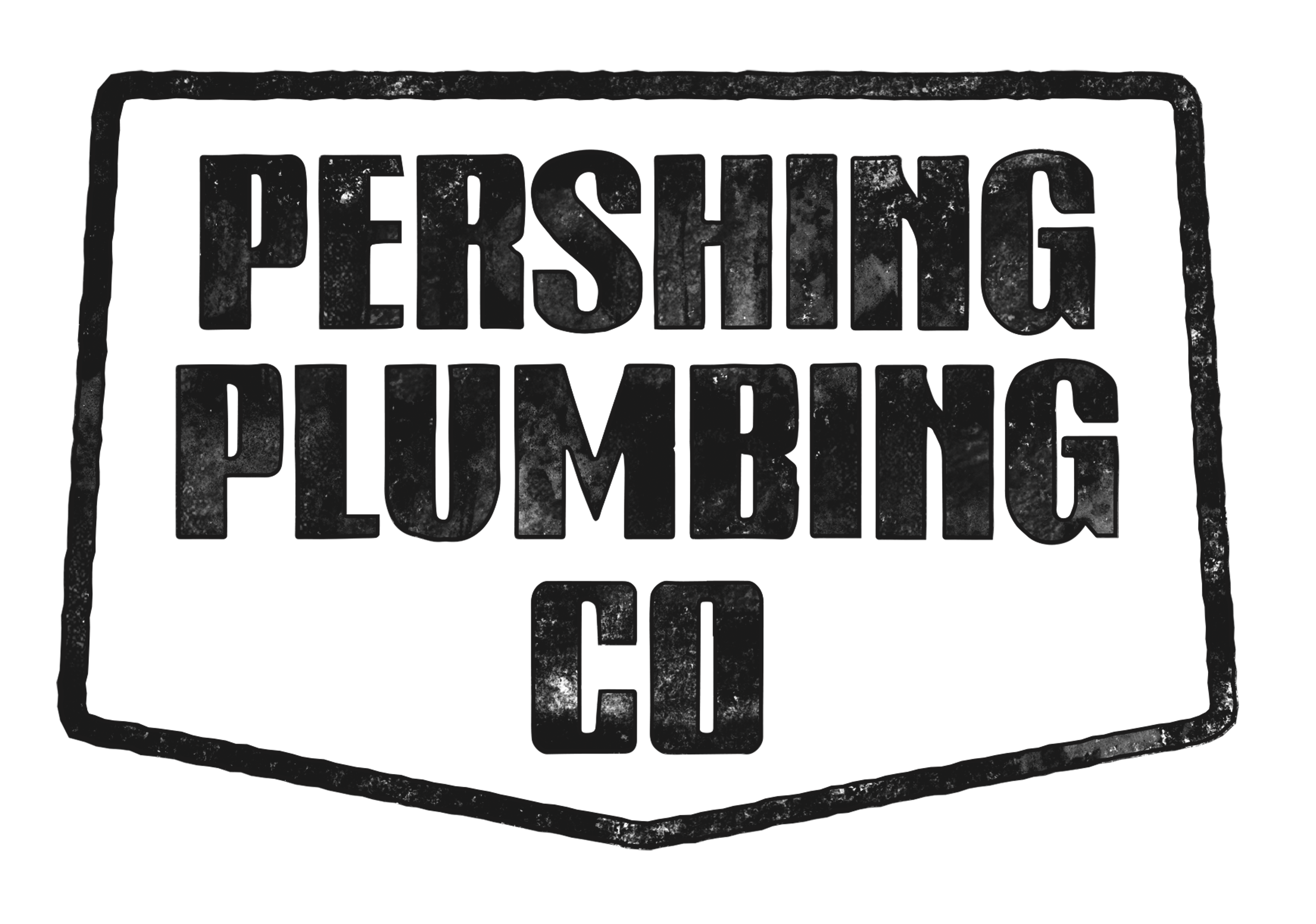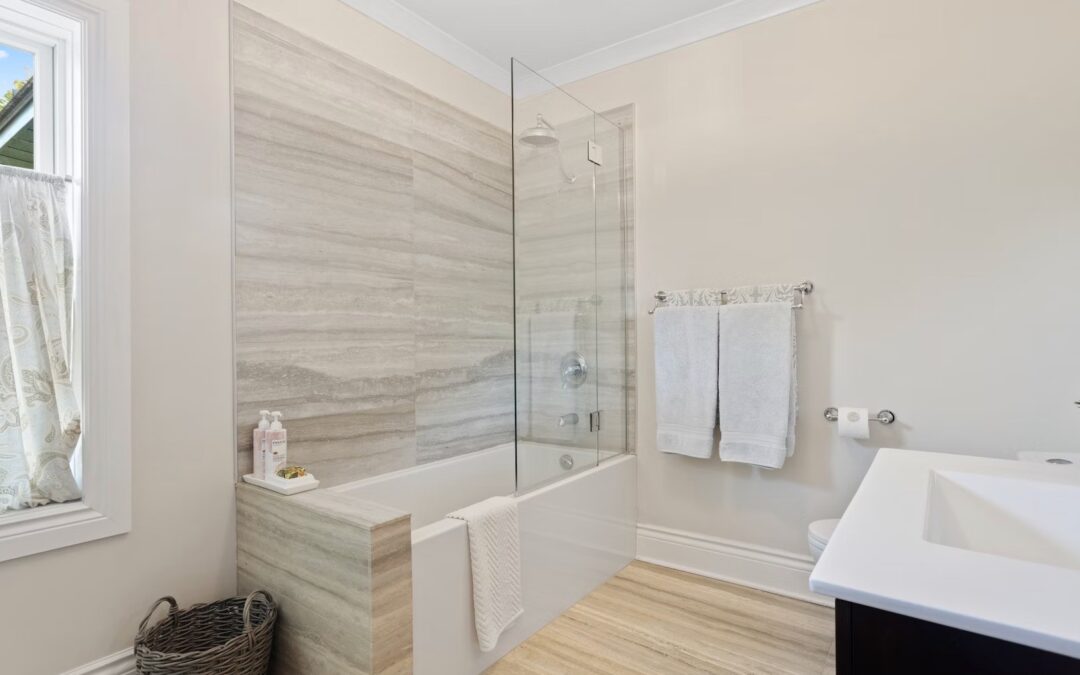The plumbing system is the heart of your home, responsible for delivering clean water and managing waste. To ensure its optimal performance and prevent major disruptions, regular plumbing inspections are crucial. In this blog, we’ll explore the significance of scheduling routine plumbing inspections and how frequently you should consider having them.
Home Wellness: How Often Should You Invest in Plumbing Inspections
Bi-Annual Maintenance: Consider scheduling plumbing inspections twice a year, ideally in the spring and fall. These intervals provide a comprehensive look at your plumbing system before the changing weather conditions of winter and summer.
Post-Weather Checks: After a period of heavy rain, storms, or extreme weather, it’s wise to have your plumbing inspected. Harsh conditions can strain your pipes and drainage systems, leading to hidden issues that need prompt attention.
Before Renovations: If you’re planning home renovations, including bathroom or kitchen updates, consider a plumbing inspection before starting. This can identify any necessary repairs or adjustments before you proceed with your project.
New Appliance Installations: When adding new appliances that connect to your plumbing system, such as a dishwasher or washing machine, schedule an inspection to ensure proper connections and prevent potential leaks.
Regular Fixture Checks: While scheduling comprehensive inspections, don’t forget about your individual plumbing fixtures. Periodically check faucets, toilets, and showerheads for leaks or signs of wear and tear.
The Five-Year Rule: For older homes or homes with aging plumbing systems, a rule of thumb is to have a professional inspection every five years. This provides a comprehensive overview and allows for timely repairs or upgrades.
Conclusion
Routine plumbing inspections are a proactive way to maintain the health of your home’s plumbing system and ensure it runs smoothly year-round. The frequency of inspections may vary based on factors like weather events, home renovations, and the age of your plumbing system. By staying diligent with inspections, you contribute to the longevity of your plumbing and the overall well-being of your home.

